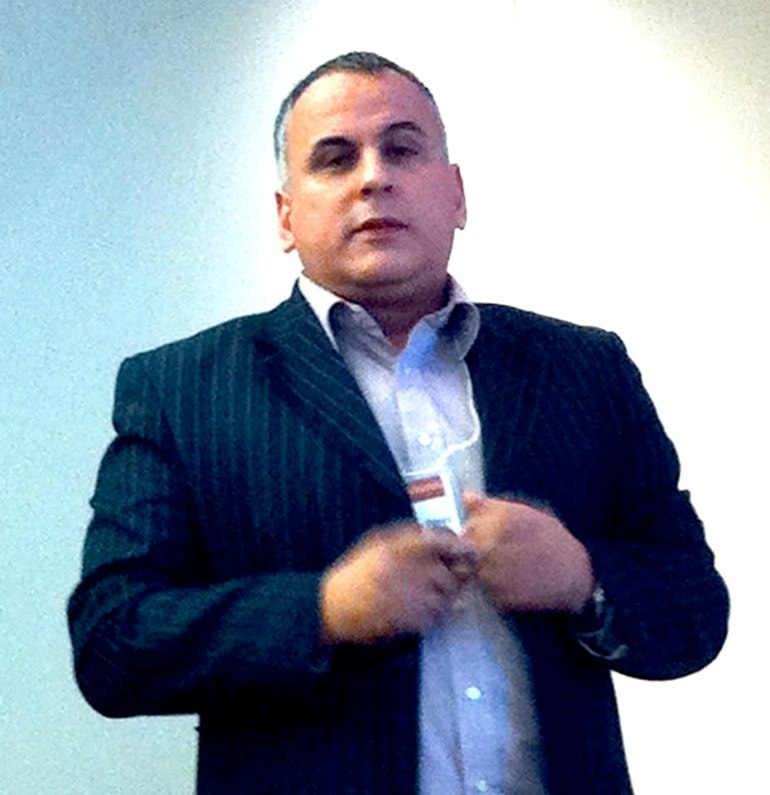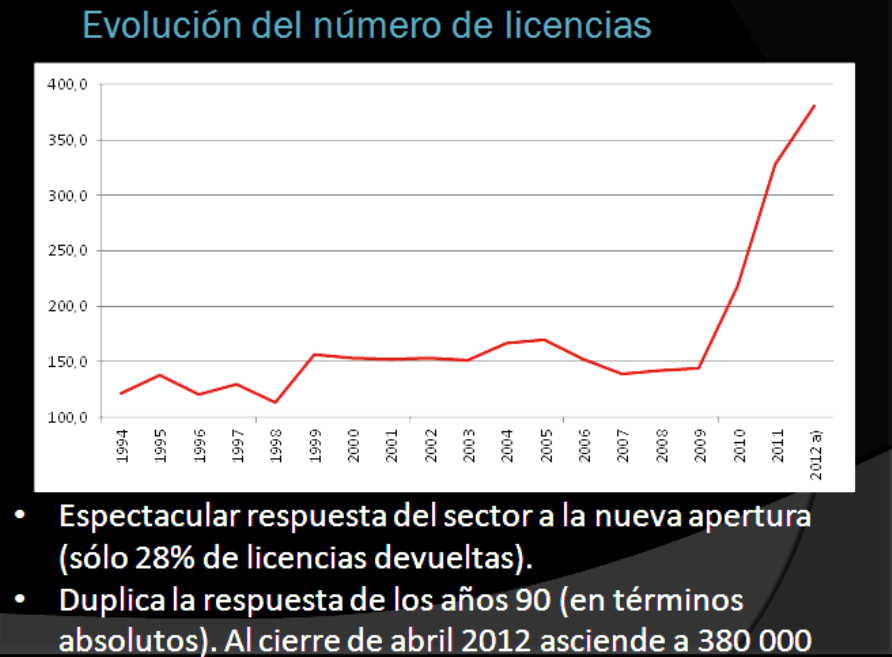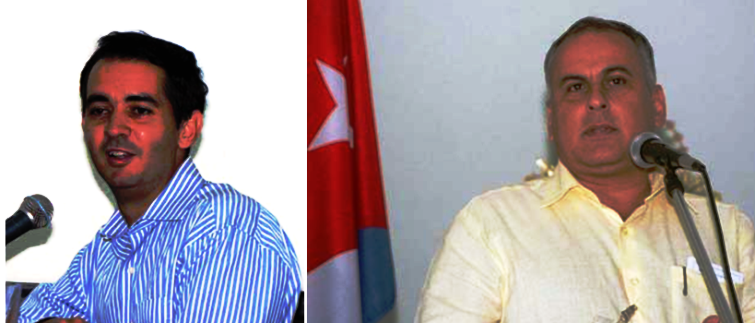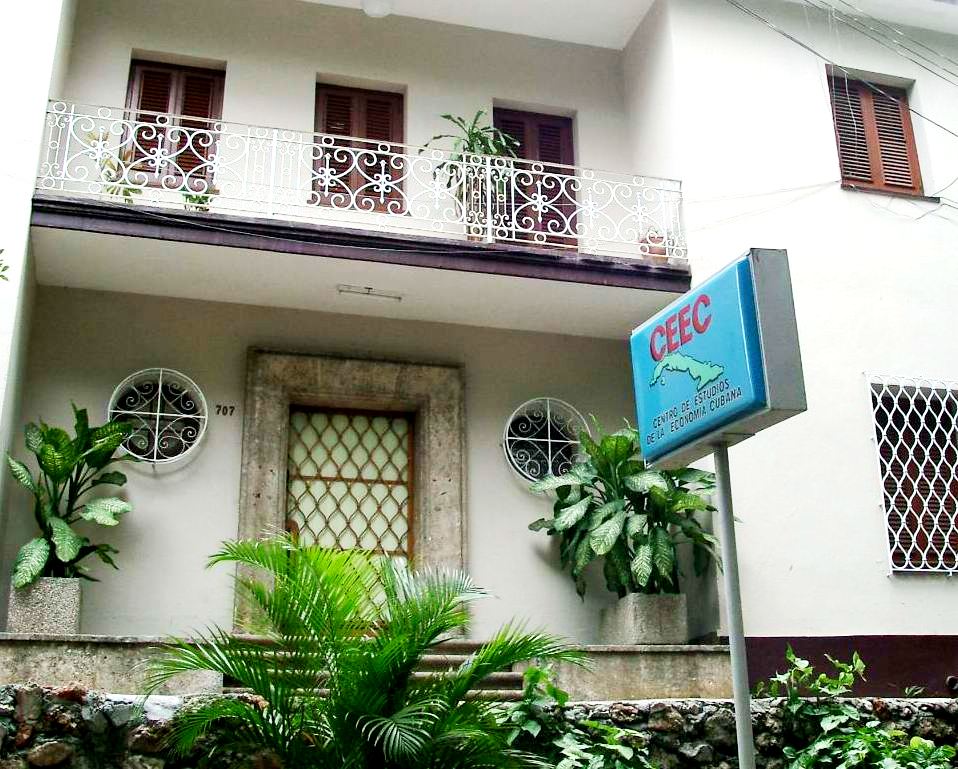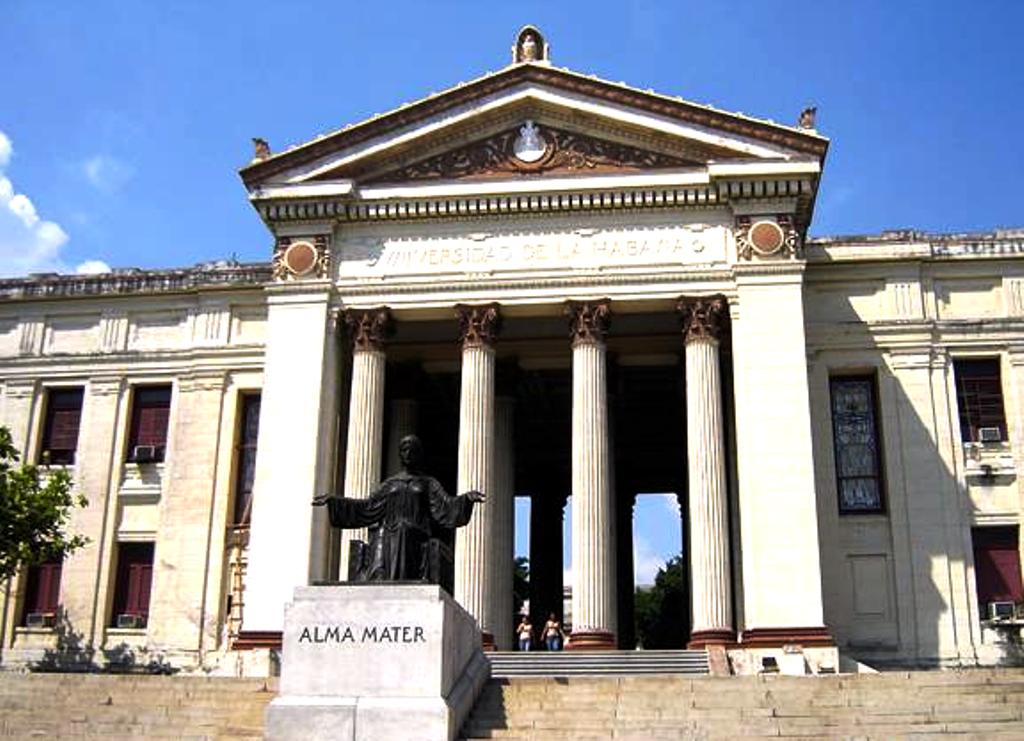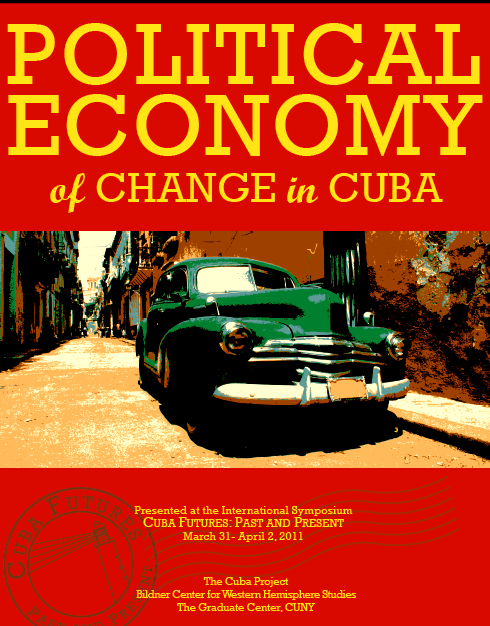The complete document is available here: Omar Everleny Pérez Villanueva, The Current Deregulation of Cuban Enterprises. Oct. 3 2013
Introduction
We cannot examine the last 50 years of Cuban economic activity without casting a critical eye. Even if we are clear about future goals, which are certainly full of challenges, an awareness of the pitfalls, errors, mistakes and misunderstandings from the past period may help to correct the future perspective.
Cuba is undergoing changes directed at achieving efficiency and increasing the productivity of the state-run enterprises (the plan), where efficiency depends, among other factors, on productivity. Productivity can be increased from different sources, but the important factor is that although a company may be proactive in the search for solutions, it is not possible to be proactive while being heavily regulated.
Various academic analyses show a decrease in the majority of state-owned economic sectors in the last 20 years, between the early 90’s and 2010, as well as in virtually all sectors, with the exception of a few, such as telecommunications, mining and construction, sectors that have received a strong injection of foreign capital since the early 90’s. Another study on skilled labor force shows low motivation, due to unsatisfactory wages, few moral and material incentives, organizational problems, over-qualification and, of course, technical materials problems.1
……….
Concluding Comment
On January 29, 2012, at the closing of the First National Conference of the Communist Party, Raul Castro stated that:
“The only thing that can lead to the defeat of the revolution and socialism in Cuba would be our inability to eradicate the mistakes made in the 50 years since January 1, 1959 and those that we incur in the future.”
Following this thinking, it is clear that the challenges posed by the transformation at a relatively short term of the existing structural distortions in the Cuban economy. If we want Cuba to become a land of opportunities and to achieve a sustained increase in the standard of living for all Cubans, then the time to make such decisions is not very far away, and the measures to take must be more pragmatic than those taken under the current government. At the same time we cannot forget to take into consideration the harassment that Cuba is subject to in its external transactions by the U.S. government.
DR. OMAR EVERLENY PEREZ VILLANUEVA
Professor at the University of Havana. Former director of the Centro de Estudios de la Economia Cubana at the University of Havana. Doctorate in Economic Sciences of the University of Havana in 1998. Masters in Economic and International Relations from CIDE, AC Mexico City, Mexico in 1990. Bachelors in Economics from the University of Havana in 1984.
Dr. Perez Villanueva has presented at conferences in various Cuban institutes as well as internationally, including in the United States, Japan, France, Canada, Spain, Brazil, Puerto Rico, Mexico, Dominican Republic, Venezuela, China, Malaysia, Argentina, Peru, Jamaica, Barbados, Trinidad and Tobago and Norway. He has served as a visiting professor at Universities in the United States, Japan and France and has published over 70 research papers in a variety of areas of the Cuban and global economy.
Dr. Perez Villanueva has also published over 75 articles in publications and has co-authored several books in Cuba and abroad, including “Cuban Economy at the Start of the Twenty-First Century,” with Jorge Dominguez and Lorena Barberia (Harvard University. ISBN 0-674-01798-6, 2004), the second edition of “Reflections on the Cuban Economy” (Editorial Ciencias, Havana. ISBN 959-06-0839-6, 2006) and “Outlook fo the Cuban Economy I and II” (ISBN 978-959-303-004-5). His last book is “Fifty Years of the Cuban Economy” (Editorial Ciencias Sociales. Havana. ISBN 978-959-06-1239-8).

